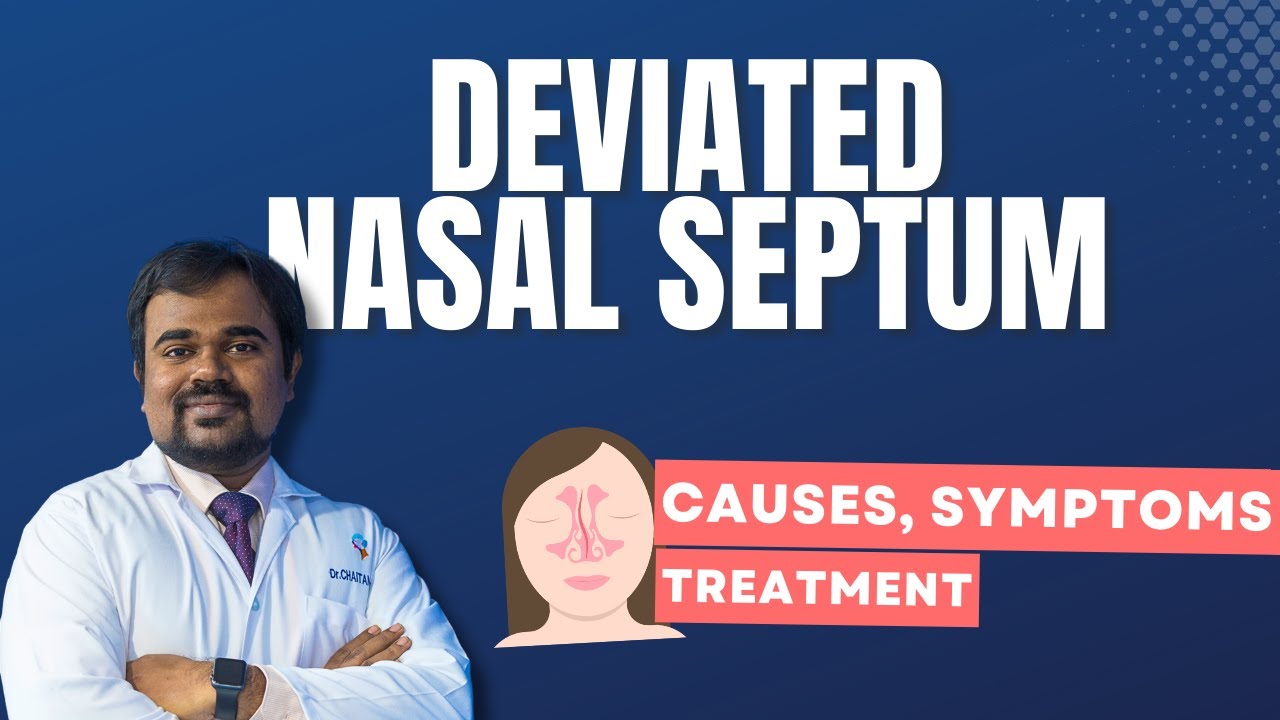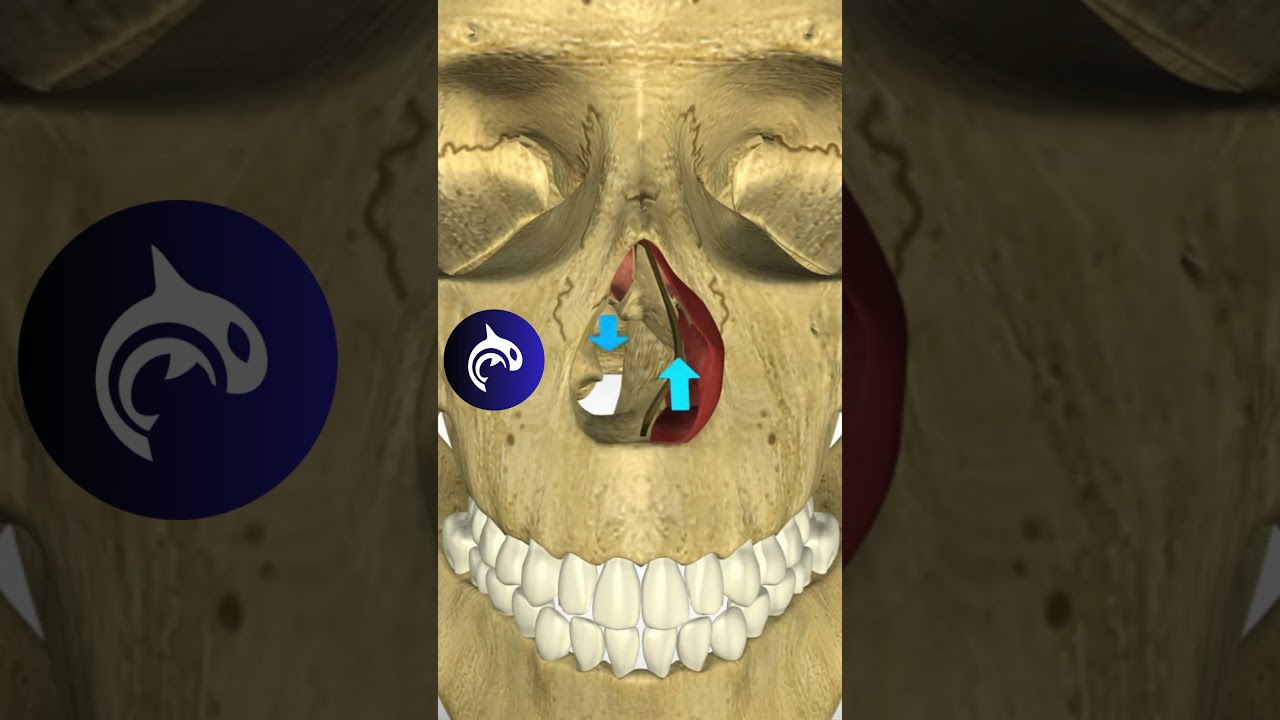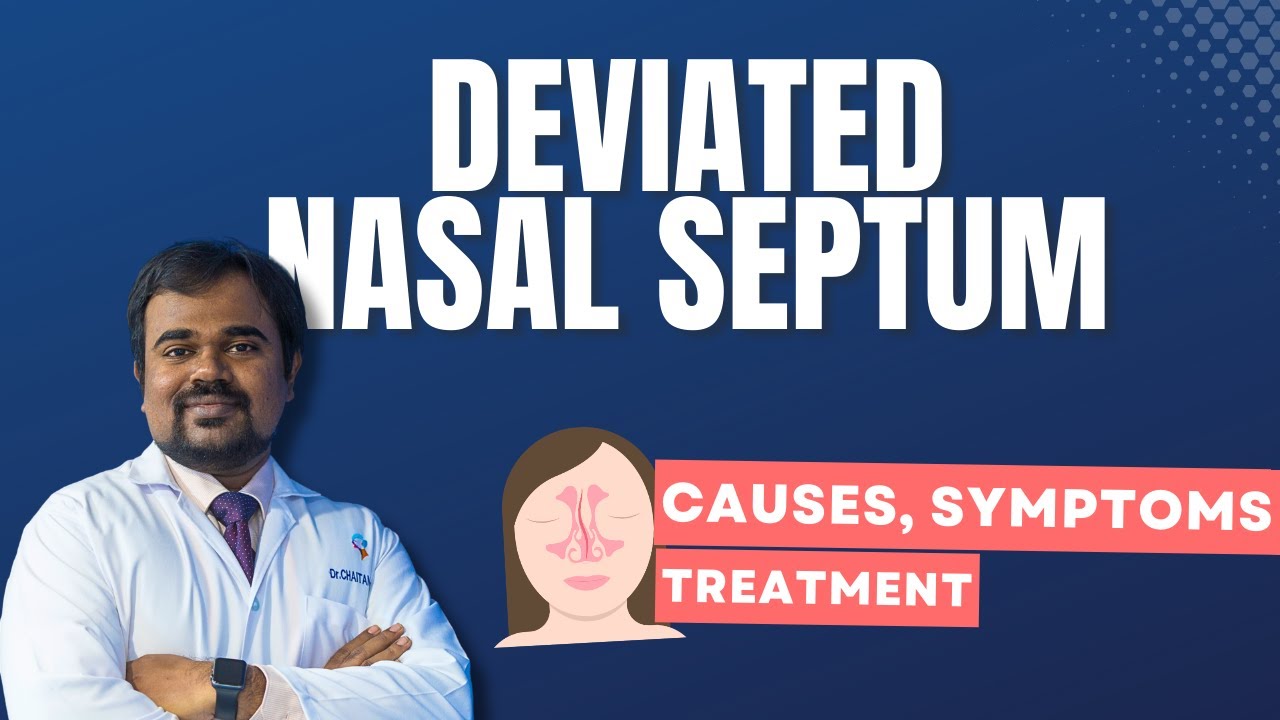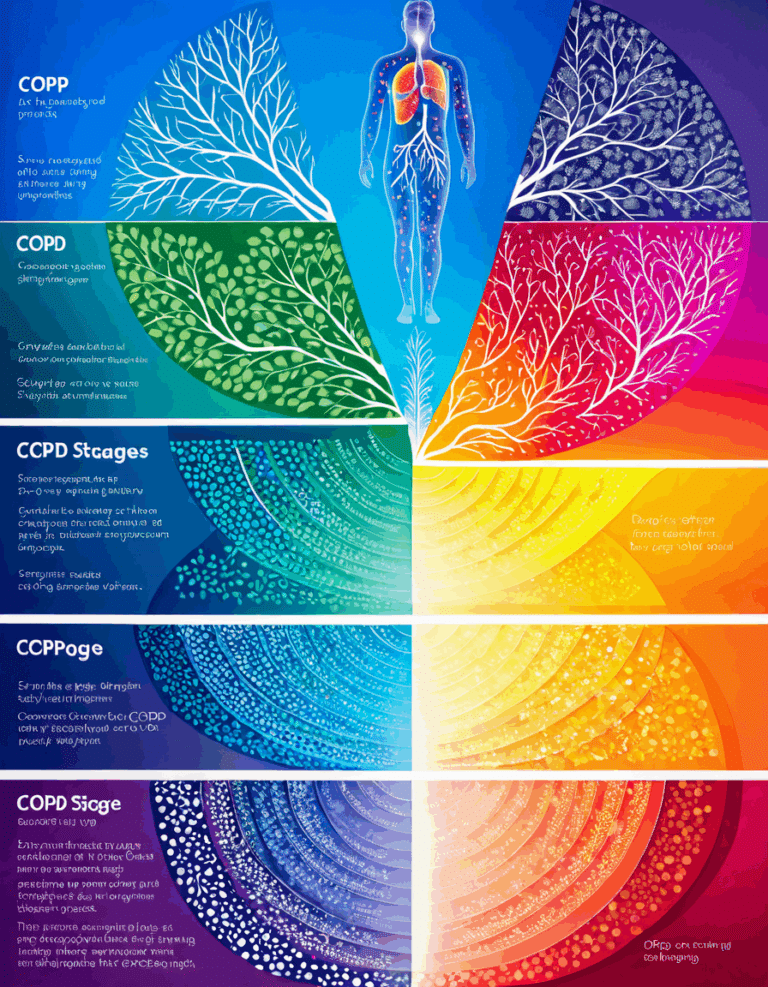Have you ever felt like your breathing is just a little off? It could be due to nasal septum deviation. This condition refers to the misalignment of the nasal septum, the cartilage and bone structure that divides your nostrils. If you’re struggling with breathing, chronic sinus issues, or even frequent headaches, nasal septum deviation might be the culprit. In this article, we’ll explore the implications of this condition, its symptoms, and how it connects to various health issues that might surprise you. So, grab a seat, take a deep breath, and let’s get informed!

Understanding Nasal Septum Deviation
The nasal septum is supposed to sit right down the middle of your nose, splitting your nasal passages evenly. When it’s deviated, the septum leans to one side, affecting airflow and leading to multiple issues. If you think about how critical breathing is for performance—whether you’re lifting weights or going for a run—this condition can hold you back. Athletes and anyone wanting to get shredded should not overlook nasal septum deviation. Ignoring it could tie your hands when it comes to pushing your limits.
What’s more, everyday activities can get impacted. Nasal obstruction can lead you to mouth-breathe, affecting not just your oxygen intake but also your overall mental clarity. Just like managing your chest Exercises with precision is crucial for strength, understanding and addressing nasal issues can significantly contribute to your health and fitness goals.

Top 6 Common Deviated Septum Symptoms and Related Issues

The Broad Impact of Nasal Septum Deviation on Daily Life
Living with a deviated septum goes beyond just physical symptoms; it affects your entire life, including mental and emotional health. For instance, poor sleep from obstructed airways can lead to chronic fatigue. This tiredness isn’t just an excuse for skipping the gym; it can tank your mood and heighten anxiety levels.
Interestingly, recent studies have linked untreated nasal obstruction to conditions like dyscalculia. What’s that? It’s a difficulty in understanding numbers. Imagine how frustrating that can be! The brain needs oxygen to thrive. If you’ve got a blocked airway, some cognitive functions can take a hit, so your fitness goals might not be the only thing getting sidelined.
Rounding up all these impacts, it becomes clear that paying attention to symptoms and finding solutions must be part of your health routine. Remember, it’s not just about looking good; it’s about feeling great too!

Intriguing Connections: Nasal Septum Deviation and Other Disorders
You might wonder what nasal septum deviation has in common with conditions like abdominal hernia or even hiatal hernia symptoms. While it seems like a stretch, they can coexist and complicate one another. For example, hiatal hernias can cause symptoms like acid reflux—discomfort that gets amplified during sleep if you can’t breathe well.
This overlap showcases how interconnected our bodies truly are. Increased pressure in your abdomen can happen when you sleep in certain positions, and inadequate airflow during the night makes everything worse. Knowing this, it’s crucial to look at your health holistically.
On top of that, the medications you might take for one condition could interact with treatments for another, complicating what could be a straightforward fix. It’s a classic case of the more you know, the better prepared you are!

Innovative Treatments and Considerations
So, what can you do about nasal septum deviation? One common treatment is septoplasty – a surgical procedure designed to realign the septum. But don’t fret if surgery isn’t your only option! Many people find relief with alternatives like using a Netty pot for rinsing out nasal passages or nasal strips like Breathe Right to ease nighttime breathing issues.
Lifestyle changes can also play a significant role in managing your condition. Think yoga and meditation, which might help with overall respiratory function and bring clarity to your mind. Feeling more relaxed can translate to better performance in and out of the gym.
Lastly, assess how severe your deviation is. Some people only need simple lifestyle adjustments, while others might need more substantial interventions. Consult with an ENT specialist to get personalized advice.
A Call to Action
If you want to take charge of your health in 2026, it’s time to act regarding nasal septum deviation. Regular check-ups with an ENT can unveil the best possible path, considering your unique situation. Knowledge is power, and this is your health we’re talking about—embrace this journey!
Remember, the body’s systems function best when they work together. Don’t ignore the signs; instead, empower yourself to make informed decisions that bring you closer to your goals of optimal health and fitness. With focus and care, you can rise above common issues, ensuring not only better breathing but a whole new level of vitality.
Don’t let a nasal septum deviation hold you back! Whether it’s conquering the gym or achieving clarity in your daily life, you’re in charge. Now go out there and get shredded! You’ve got this.
So, let’s raise our glasses—an inspirational toast. Here’s to breathing easy and living fully. Cheers!
Nasal Septum Deviation: Fun Trivia and Interesting Facts
The Basics of Nasal Septum Deviation
Did you know that nasal septum deviation affects a significant number of people, around 80%? It’s quite common and can lead to a variety of problems. A lot of folks don’t even realize they have it until they encounter issues with breathing, sleep quality, or even snoring. Can’t breathe well? That might be a telltale sign. Interestingly, there are many factors that can lead to nasal septum deviation, like injury or merely the way we grow. Just like how let it grow Lyrics hints at evolving scenarios, the growth of our nasal structures can play a big role in how we breathe.
Symptoms and Slippery Slopes
Now, if you’re experiencing symptoms like nasal blockage or headaches, you’re not alone! Some might even find it leads to conditions like sinusitis. Ever had foamy pee? Yeah, it can be a sign of dehydration—similar to how poor nasal airflow can impact your overall health. Breathing issues caused by nasal septum deviation might contribute to feelings of fatigue during the day. It’s crucial to stay alert, especially if you’re an active person who loves to hit the gym or goes for a jog. Just like abdominal distension, these symptoms indicate something more than what meets the eye, emphasizing how all parts of the body are interlinked.
Treatment Options and More Fun Facts
When it comes to treatments, many people opt for surgery if nasal septum deviation hampers their quality of life. But for some, innovative solutions like nasal strips do wonders without any surgical intervention. It’s fascinating how, much like people getting lip Injections for aesthetic reasons, there are myriad ways to enhance our health and well-being. Lastly, did you know that many athletes and performers, just like those inspired by the tokyo Goul anime, pay close attention to their breathing to maximize performance? In that sense, understanding nasal septum deviation isn’t just about health—it’s about winning a game of life!



























